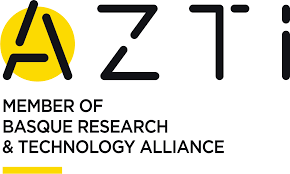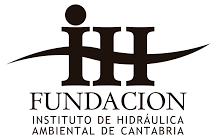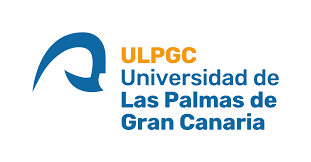
Status
In progress
Description
The general objective of the PLÁTICAS project is the creation of a joint working environment between the Knowledge Spaces of the Atlantic Front.
The project focuses on the development of an Inter-territorial Platform to support the standardization, integration, management, communication and transfer of knowledge on Sustainable Blue Growth in the Regions of the Spanish Atlantic Front, which will serve as a reference for:
- Optimize the sustainable management of fishing and aquaculture activity in the Atlantic area.
- Promote inter-sectorial and inter-institutional collaboration.
- Seek joint solutions to common problems of these sectors in all regions.
- To establish the roadmap for the future development of knowledge spaces on Sustainable Blue Growth in the Spanish Atlantic Regions.
The project contemplates the following Specific Objectives:
- To organize simultaneously and efficiently all the activities proposed both in the execution of the project and in the monitoring of its development.
- To generate an appropriate virtual space for the meeting, communication, debate, collaborative work, co-creation, innovation, learning, training and knowledge transfer among the different actors associated to the Sustainable Blue Growth of the Knowledge Spaces of the Spanish Atlantic Front.
- To document, extend, disseminate and harmonize the diversity of spatial and shared management practices of fisheries, shellfishing and aquaculture in the Regions of the Spanish Atlantic Front;
- To identify the main problems, needs and capacities in relation to the challenges and consequences of Climate Change in the fisheries, shellfish and aquaculture sector in the Regions of the Spanish Atlantic Front.
- Design a coordinated network of actions for the management of invasive alien species (IAS), developing a common strategy for the evaluation, adaptation and minimization of their impact on the activities of the maritime-fishing, shellfish and aquaculture sectors; and
- Establish a baseline for the orientation of a training strategy for the Sustainable Blue Growth of the fisheries and aquaculture value chain in the Spanish Atlantic Front Regions.
Expected results
The main expected results of the project could be summarized in the following outputs:
1. The implementation of an Interterritorial Communication Platform for Blue Growth Knowledge Spaces.
2. The realization of inventories on agents, innovations, sectoral problems, needs, management procedures and tools, sectoral data (biological resources, invasive species, training processes, etc.) that facilitate the recognition of priority fields of action, both at the regional scale and at the scale of the entire Atlantic Area.
3. The realization of sectoral diagnoses in the thematic areas included in the project that allow us to recognize the strengths and weaknesses of our coastal systems, as well as the magnitude of the main threats and opportunities associated with collaboration between territories and between agents.
4. The participatory proposal, agreed and prioritized with the agents of each area of knowledge of the main actions that should serve as a guide for the development of roadmaps for the development of Sustainable Blue Growth in the different spatial scales (regions, Atlantic coast).
5. The development of a reference framework for continuing education on Sustainable Blue Growth.
These results will be evaluated through a series of performance indicators and sources of verification of the different actions that make up the 26 tasks included in the project, whose dissemination and transfer will be carried out by different means, among them: the Communication Platform (PIC), which integrates different dissemination tools, and the Conferences of Transfer to society, planned at the end of the first year (Vigo), during the second phase of the project (Conferences held in each knowledge area) and at the end of the project (Madrid). It is hoped that the future development of the PIC will include the rest of the Spanish coastal areas.
Contribution
- Green Port: promotes the conservation of the coastal maritime environment, promoting responsible practices of natural resources and continuous education on Sustainable Blue Growth.
- Innovative Port: given that, through the generation of maritime and fishing knowledge, it will favor the competitiveness of the business environment and the sector's economy from social and environmental sustainability.
- Capacity building will favor an Inclusive Port that will allow for new and better employment prospects.
Project funded by the European Union - NextGenerationEu.
Related posts





